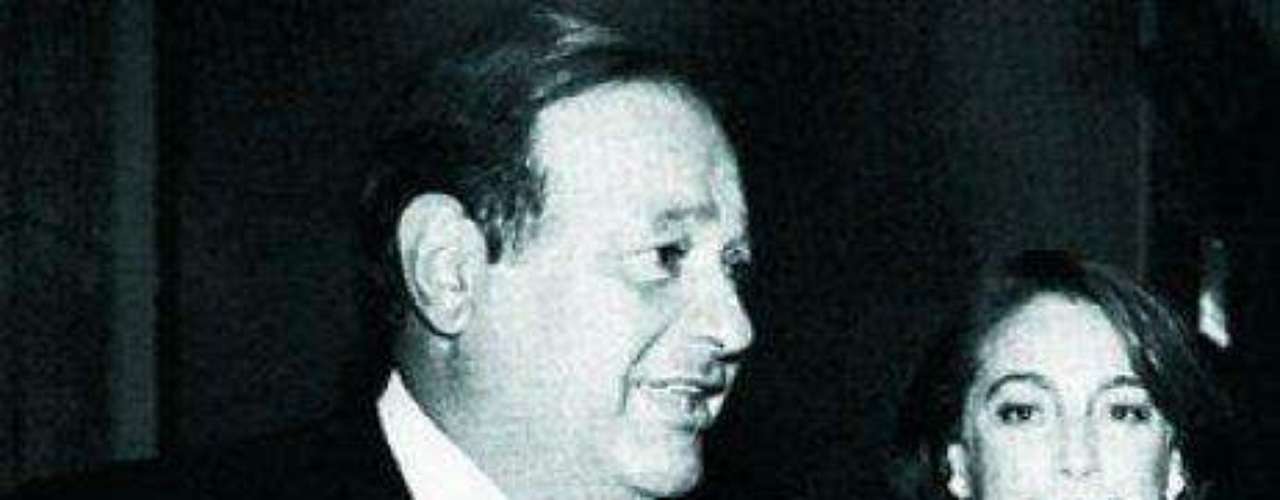


The narrative is rich in memorable characters, including Albert “Baby” Bell, the notorious criminal strongman who served as Beck’s mentor, and No Thumbs Helen, the gifted pickpocket who became Beck’s first common-law wife. Gifford vividly depicts the underworld where Beck learned and plied his trade: the black ghettos of Chicago, Cleveland, Detroit and Milwaukee. When his mother left Upshaw for a smooth-talking, abusive hustler from Wisconsin, the young man’s chances of avoiding trouble were all but ruined. “I wanted to become a pimp so that I could have all these beautiful clothes and the diamonds and the women,” Beck later told an interviewer. With Upshaw’s assistance, his mother started a beauty shop whose clientele included prostitutes, and it was there that Beck first encountered pimps. For a time, Beck knew the comforts of stable middle-class life and even joined the Boy Scouts. They soon divorced and, when Beck was 4, his mother remarried Henry Upshaw, a businessman from Rockford, Ill., who was a good father to the young boy. H"Shetani's Sister" by Iceberg Slim (Vintage Crime/Black Lizard)īeck’s parents were part of the Great Migration, moving from Tennessee to Chicago not long before his birth in 1918. But Gifford’s greatest achievement is placing Beck’s life within the context of larger social, political and economic changes. Writing of the life of a celebrated memoirist can be a daunting and thankless task, but Justin Gifford handles the job with aplomb in his new book, “ Street Poison.” A decade’s worth of research allows him frequently to correct the record where “Pimp” and Beck’s other autobiographical writings may have fudged the facts. It simultaneously mythologizes the pimp and dissects him as the product of an unjust society that abuses and exploits its minorities, especially black women.

The book is lurid and lyrical, a confession wrapped in an account of the societal blight that afflicted America’s black neighborhoods from the Depression to the civil rights era. Rap music and the blaxploitation movies of the 1970s owe a clear debt to “Pimp.” Ice T, Ice Cube, Snoop Dogg and Jay Z have all paid tribute to Beck’s memoir. (Irvine Welsh, author of “ Trainspotting,” said that Iceberg Slim’s works were now “ as essential reading as William Shakespeare.”) Beck published five streetwise crime novels during his lifetime, influencing writers such as Donald Goines and Andrew Vachss, but it is his memoir, “ Pimp: The Story of My Life,” that has had the most enduring and, for some, the most problematic cultural legacy. His mission was to chronicle, in fiction and memoir, the sordid world in which he had lived.īy the time he died 30 years later, Beck’s works had sold more than 6 million copies, making him, according to his first publisher, Holloway House, the best-selling African American writer of all time. Then in his 40s, Beck no longer had the strength or stamina to be a pimp, the vocation that he had pursued with unyielding vigor for more than two decades. He had nearly lost his mind while imprisoned in what he called the “steel casket” in Chicago, and he vowed to change his life upon his release.

A career criminal, Beck had been incarcerated numerous times from age 14, including an 18-month stint in the federal penitentiary in Leavenworth, Kan. In April 1962, Robert Beck, who later achieved lasting fame under the pen name Iceberg Slim, was released from the Chicago House of Correction after serving 10 months in solitary confinement in a cell not much bigger than a coffin.


 0 kommentar(er)
0 kommentar(er)
